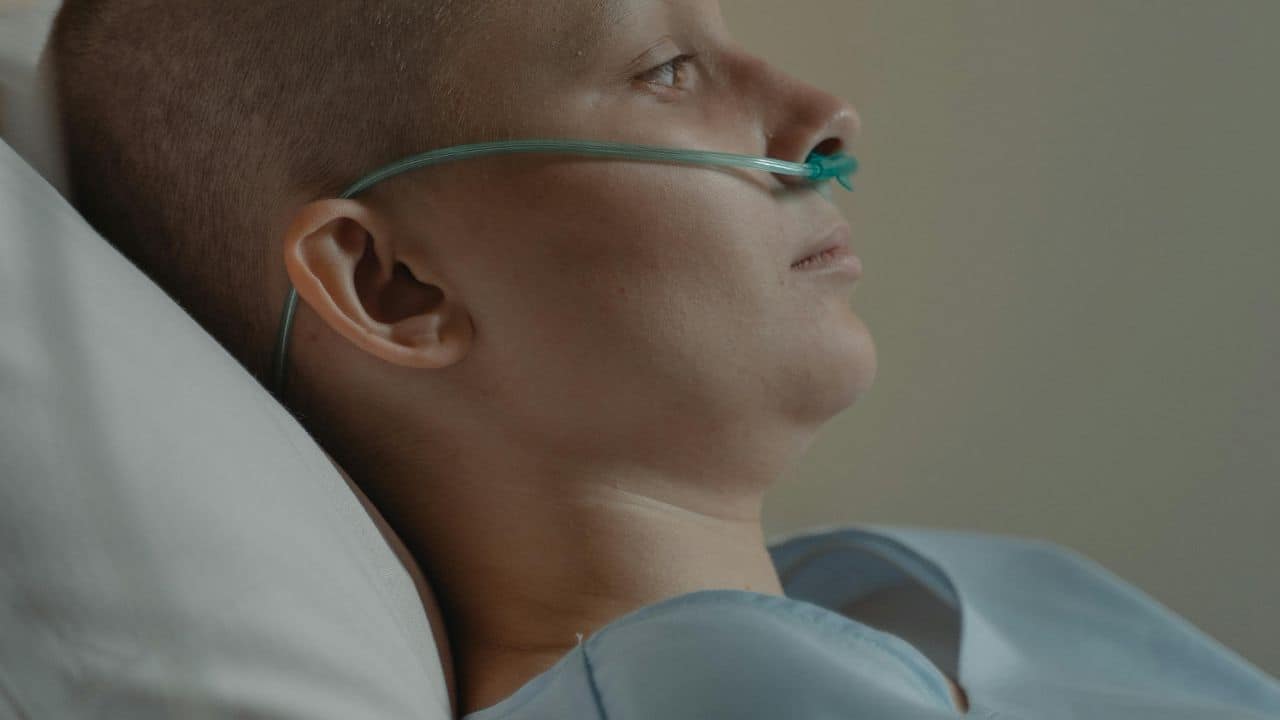Need the loo too often? 5 Simple Kiwi Lifestyle Changes for Overactive Bladder Relief

- The Problem: Overactive bladder (OAB) can be a real pain, disrupting your day and impacting your quality of life. You're not alone – many Kiwis experience this frustrating condition. While medication and bladder training are often recommended, making some simple lifestyle tweaks can make a *huge* difference.
- Understanding Overactive Bladder: OAB is when your bladder muscles contract involuntarily, creating a sudden urge to go, even when your bladder isn't full. This can lead to frequent urination, urgency, and sometimes incontinence. It's often linked to factors like age, diet, and underlying medical conditions.
- 5 Lifestyle Changes for Relief: Let's ditch the doom and gloom and focus on what you *can* do. Here are five practical changes you can incorporate into your daily routine to manage OAB and reclaim your day.
1. Hydration Habits - It's Not About Cutting Back (Entirely!)
Contrary to what you might think, drastically reducing your fluid intake isn't always the answer. Dehydration can actually *irritate* your bladder. Instead, focus on when you drink. Spread your fluid intake evenly throughout the day, and try to avoid large amounts at once. Cut back on caffeine and alcohol, as these are diuretics and can increase urination.
2. Diet Detective - Identify Your Trigger Foods
Certain foods and drinks can trigger bladder spasms. Common culprits include: spicy foods, citrus fruits and juices, tomatoes, chocolate, and artificial sweeteners. Keep a food diary to track what you eat and drink, and note any correlation with your OAB symptoms. Eliminate potential triggers one at a time to see what makes a difference.
3. Core Strength is Key
Believe it or not, strengthening your pelvic floor muscles (your 'core') can significantly improve bladder control. Think of these muscles as the sling that supports your bladder. Regular Kegel exercises can help tighten and strengthen them. There are plenty of resources online demonstrating how to perform Kegels correctly - your doctor or a physiotherapist can also provide guidance.
4. Toilet Routine - Don't Hold It!
Resisting the urge to urinate can weaken your bladder muscles and make the problem worse. Try to empty your bladder completely each time you go. Also, avoid 'hovering' – sit properly on the toilet to allow your bladder to empty fully.
5. Manage Stress - It's Linked to Your Bladder!
Stress and anxiety can exacerbate OAB symptoms. Find healthy ways to manage stress, such as exercise, yoga, meditation, or spending time in nature. Even a short walk in the park can make a difference.
- When to See a Doctor: While lifestyle changes can be effective, it's important to consult your doctor if your symptoms are severe or don't improve. They can rule out any underlying medical conditions and discuss other treatment options.
Disclaimer: This article is for informational purposes only and should not be considered medical advice. Always consult with a healthcare professional for any health concerns or before making any decisions related to your health or treatment.






